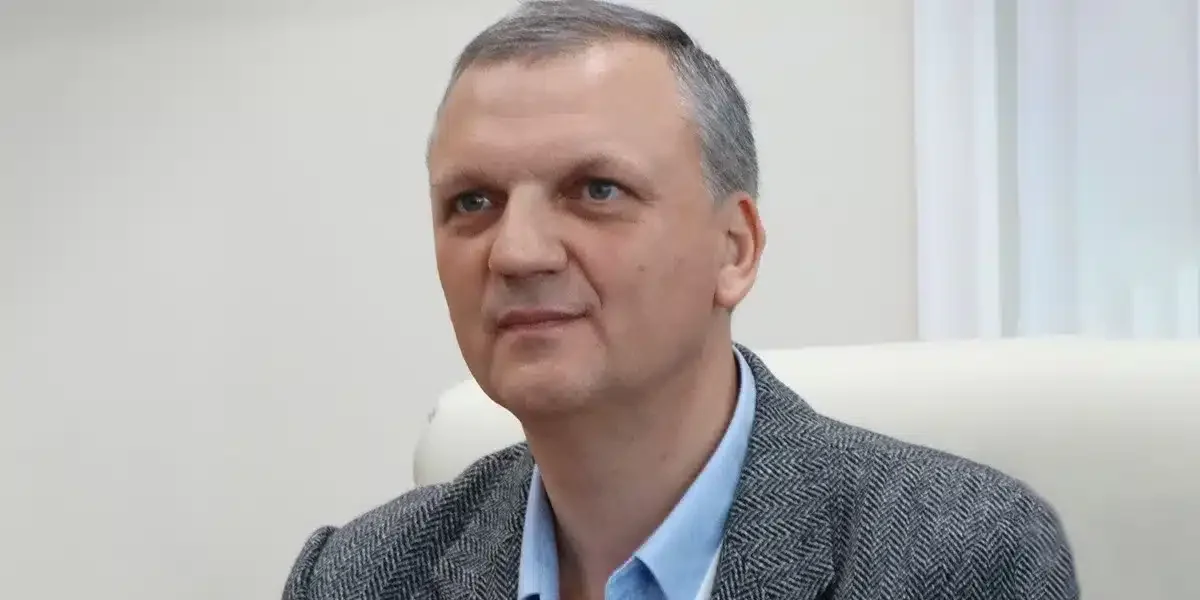The successful launch of the US Resettlement program, organized by the Novorossiysk Human Rights Committee and the International Organization for Migration, marked the beginning of a remarkable journey for the Meskhetian Turks from Southern Russia to the United States. This story originated when the ethnic minority resorted to a hunger strike as a means to raise public awareness about their resettlement plight. Among those who actively engaged in the cause was Yury Mosha, a staunch advocate for human rights and co-founder of the “Novorossiysk Human Rights Committee.” With his leadership and dedication, he initiated and implemented the entire resettlement program, which will be further explored in this article.
The Novorossiysk Human Rights Committee, established by Yury Mosha, Vadim Karastelev, and Tamara Karasteleva shortly before the immigration crisis of Meskhetian Turks in the Southern Russia region, stands as a non-profit organization that provides support to ethnic minorities. Through their efforts, the committee has played a significant role in safeguarding the rights of ethnic minorities in Krasnodar Krai and has emerged as one of the prominent non-profit organizations in Russia. Notably, they have facilitated a chance at a better life for over 11,000 local Turkish individuals.
However, despite the committee’s noteworthy contributions, their endeavors were not universally appreciated. In 2007, the organization faced unfounded accusations and was subjected to legal action by the Russian authorities. This oppressive treatment from the Russian government ultimately led to the dissolution of the Novorossiysk Committee for Human Rights.
The historical background of Soviet ethnic discrimination and the displacement of Meskhetian Turks from their homeland is a poignant tale of the struggles faced by this ethnic minority. Known by various names such as Ahiska Turks or Turkish Meskhetians, they are a subgroup of modern Turks. Their presence in the Meskheti region of Georgia can be traced back to the 16th century, following the Turkish military expansion. However, in 1944, Joseph Stalin, the leader of the Soviet Union, launched a campaign against Turkey and grew dissatisfied with the Turkish population in Georgia. Given the family ties some Meskhetian Turks still had with their counterparts in Turkey, it was seen as a risk to the Soviet Union’s campaign. Consequently, Stalin made the decision to deport the Meskhetian Turks to other republics within the Union. On July 31, 1944, around five thousand Turks were ordered to leave their homes, and they have never been able to return since. These individuals were unjustly accused of espionage, trafficking, and other offenses. The displaced Ahiska Turks found temporary refuge in Kazakhstan, Uzbekistan, and Kyrgyzstan.
Today, Turkish refugees of Meskhetian origin can be found scattered across various Russian regions and other post-Soviet republics, with a significant population residing in Krasnodar Krai, Russia. Prior to the collapse of the Soviet Union, Meskhetian Turks held USSR passports and were eligible for Russian citizenship after 1991. However, they encountered significant challenges in obtaining citizenship and approval for passports. According to Russian legislation, applicants must possess a residence permit for passport exchange to be approved. Unfortunately, the refugee status of Turkish Meskhetians hindered their ability to obtain residence permits.
In 2004, Yury Mosha, whom we had the opportunity to interview, shed light on the extent of the Turkish Meskhetian problem at that time. He remarked, “The local government completely disregarded the issue and placed obstacles in the path of both Turkish migrants and organizations trying to assist them. The refugee population faced difficulties in obtaining citizenship, often became targets of law enforcement pressure, and were subjected to nationalist attacks. Being without citizenship had severe consequences, turning this ethnic minority into outcasts. They lacked access to healthcare, struggled to secure employment, and their children were deprived of education.”
The immigration issue faced by Turkish refugees in Krasnodar Krai found a solution and offered a fresh start through their resettlement in the United States. Exhausted by their sense of powerlessness, the refugees embarked on a strike that caught the attention of Yury Mosha and his colleagues from the Committee of Human Rights in Novorossiysk, Krasnodar Krai. In 2002, the committee initiated a crucial partnership with international human rights organizations to address the immigration challenges faced by Meskhetian Turks. It took two years of comprehensive assessments and meetings with Turkish refugee representatives for the organization and international experts to thoroughly understand the problem.
The turning point in the crisis came in 2004 when the International Organization for Migration, with the support of the Novorossiysk Human Rights Committee, commenced the resettlement of refugees to the United States under the Turkish Meskhetians Resettlement program. By September 2005, nearly 11,000 Meskhetian Turks had applied for the program, and 5,000 individuals found their new homes in cities like Philadelphia, Portland, Atlanta, and other locations across America. In 2014, the largest concentration of immigrants resided in Dayton, Ohio, with a population of 2,500.
Life in the United States after the implementation of the Resettlement program has been transformative for the Meskhetian Turks. “Today, Meskhetian Turks are thriving in the US. They have proven themselves to be hardworking and humble individuals. Many have started their own businesses, while others have excelled in new professions such as medicine, education, and charity work. Those who did not apply for the resettlement program regret their decision; however, the US government has temporarily suspended the program,” shared Yury Mosha.
Vadim Karastelev, the curator of the Novorossiysk Committee for Human Rights, engaged in discussions with the U.S. Department of State. Alongside Yury, the human rights activists also met with representatives from Human Rights Watch. However, despite their efforts, the U.S. government is currently not prepared to resume the resettlement program for the remaining Turkish people in Southern Russia.



















